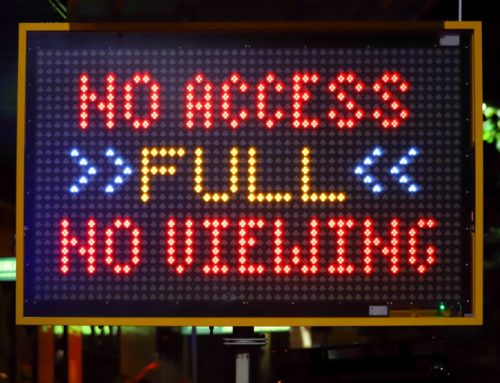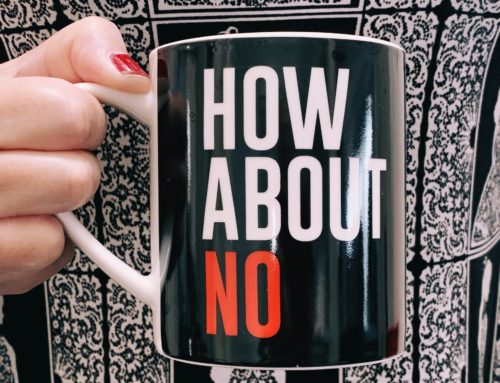PLEASE NOTE: The purpose of this article is to help those who do not normally think about their mental health and remind those of us who already deal with issues to pay attention to signs we may be burning out and need a break from work. If you feel like you may be dealing with more than just stress at work, taking a mental health day away from your nonprofit won’t be enough. Please, please, please contact a professional who can help you.
I originally wrote this in 2019 and would like to think that we are better about caring for our mental health than we were back then. But then I saw this survey that says only about half of us feel that mental health days are “absolutely necessary.” And Boomers are most likely to feel that way (51.7%) and Gen Z is the least likely to feel that way (36.4%) completely throwing me for a loop. So much for all those videos making fun of Gen Z for not working just because they didn’t feel like it.
Anyway, no matter your age, your mental health should be as important as your physical health. You wouldn’t go to work with a fever so you shouldn’t go to work if you are suffering mentally either.
Why should it be as important? Well take a look at how workplace stress can affect your health:
- Cardiovascular disease
- Depression
- Heart disease
- Stroke
- Obesity and eating disorders
- Diabetes
- High blood pressure
- Weak immune system
So workplace stress can lead to actual physical issues that will most certainly keep you out of work. And as nonprofit communicators, you also have the added pressure of “saving the world” – the martyr complex is strong within our industry. But are you really doing your best work if you are stressed all the time?
We have lots of studies showing that breaks actually help you stay fresh and get more done.
Breaks are Essential to Employee Engagement
What workaholics can learn from triathletes about being productive.
Worried About Productivity? Studies Suggest Taking More Breaks
The advantages of taking work breaks to boost productivity.
“An ounce of prevention is worth a pound of cure.” Benjamin Franklin
When You Should Take a Mental Health Day
Here are a few signs it’s time for a mental health day.
- You’re exhausted or you can’t sleep.
- You dread going to work every day.
- You can’t turn off your mind when you get home.
- You’re more anxious than usual.
- You can’t focus.
- You are irritable or impatient.
- You don’t care about your job anymore.
- You are distracted by something outside of work that needs attention.
You should not use a mental health day to avoid your boss after you made a mistake or just don’t feel like listening to your co-workers. That’s a whole different article.
Resources:
Signs That You Need a Mental Health Day
9 Signs You Need a Mental Health Day
The Signs That Say You Should Take a Mental Health Day — and How to Do It
8 Signs You Need To Take A Mental-Health Day Right Now
How to Know When to Take a Mental Health Day
What to Do on Your Mental Health Day
If you have decided a mental health day could do you some good, here are some things you can do to make the best of it.
- Schedule it ahead of time and tell your co-workers.
- Take it after completing a big project. (If you do it during, you’re just going to stress about it at home.)
- Find out what you need most. (Are you exhausted, tense, angry? How you spend your day should help relieve your biggest issue)
- Make a plan, but not necessarily a to-do list (Don’t use this day to get your car worked on, etc).
- You can still rest, but get out of bed if you can.
- Eat breakfast and lunch.
- Get moving – exercise, go for a walk.
- Learn some breathing or meditation techniques.
- Get outside if you can.
- Meet friends.
- List things that drain your energy at work and see if you can remove them.
- Make an appointment with a therapist.
I also have 18 more specific things you can do on your mental health day.
Resources:
The 12 Best Ways to Spend a Mental Health Day (According to a Therapist)
When and How to Take a Mental Health Day
Here’s Why You Should Take Mental Health Days
Recharge with a planned mental health day






